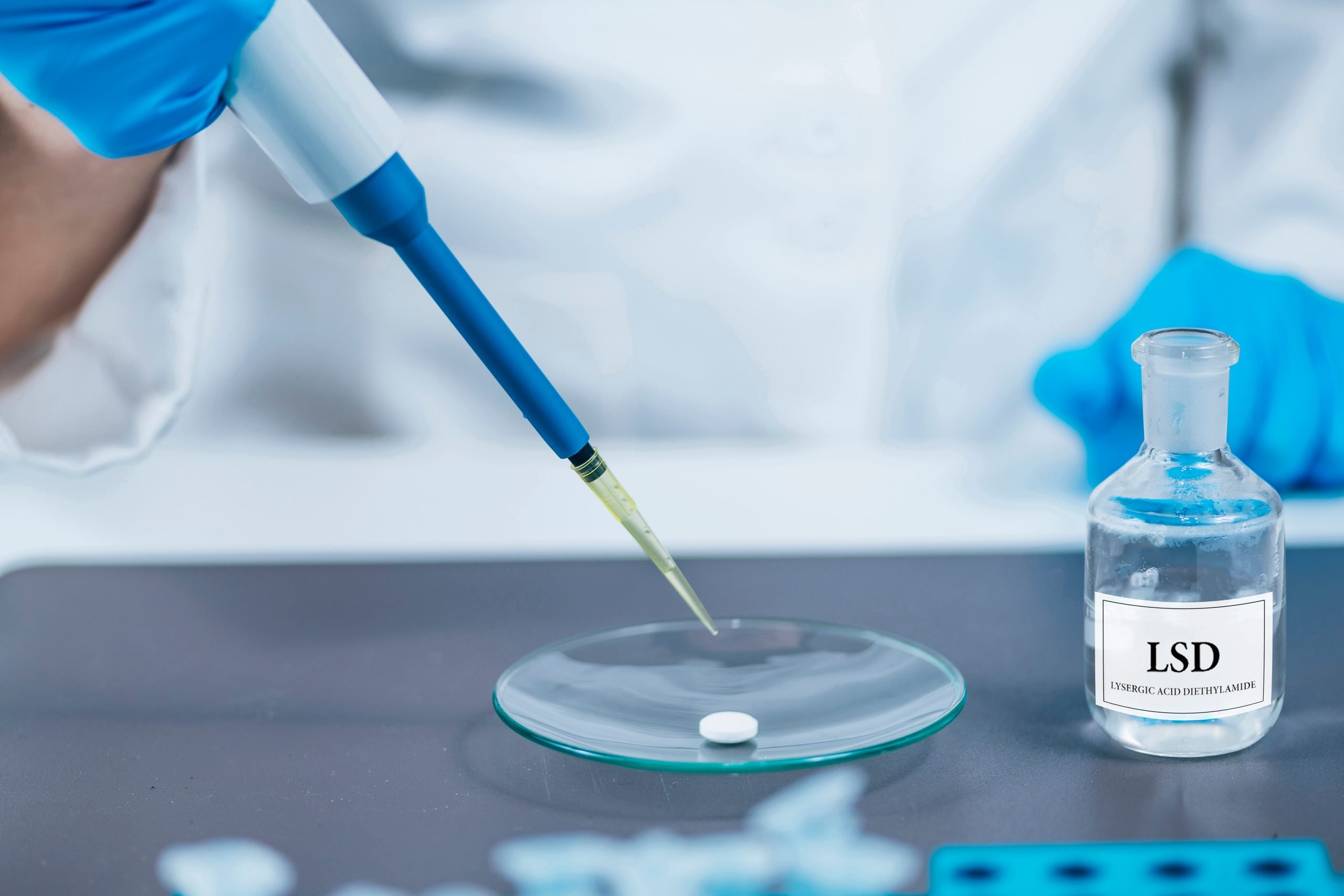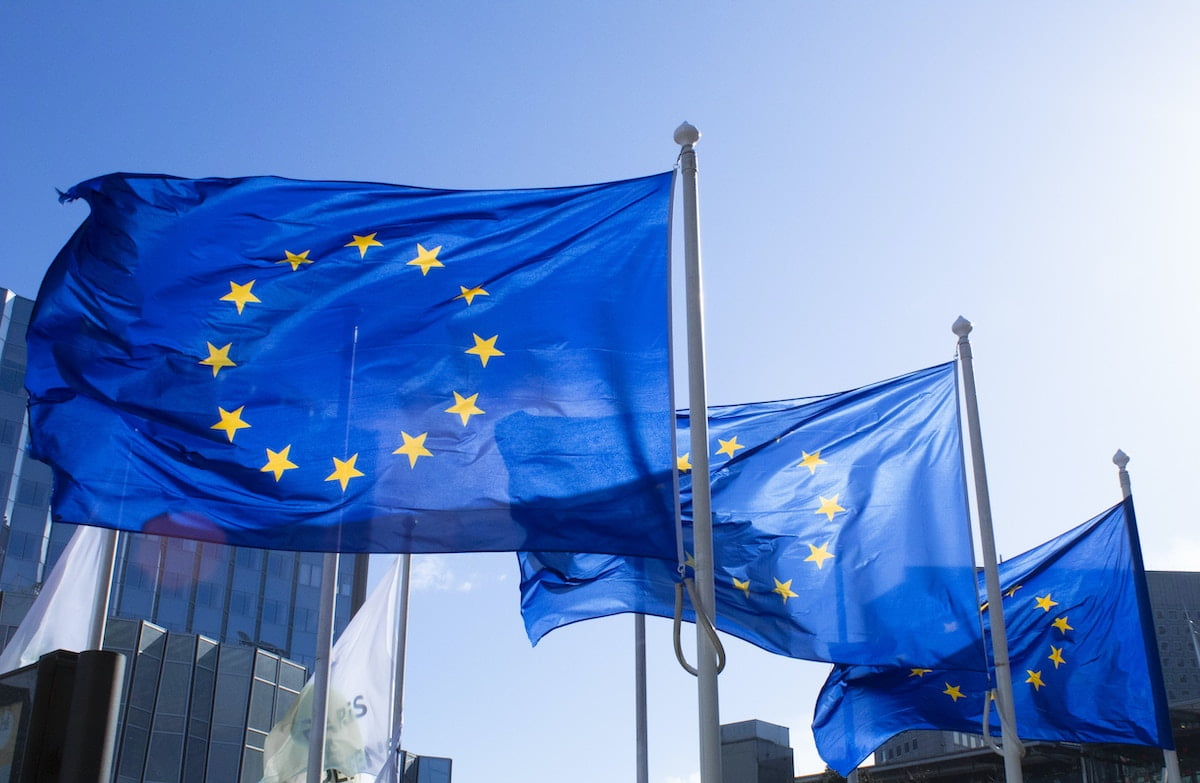In a watershed moment for psychedelics in Europe, the European Medicines Agency (EMA) held a workshop from 16 to 17 April to discuss regulatory guidelines for the development and therapeutic use of psychedelic medicines.
2024 is set to be an important year for psychedelics and the EMA multi-stakeholder workshop is just one of the key events kicking it into action.
The two-day workshop – Towards an EU Regulatory Framework – brought together patients, healthcare professionals, academia, regulators and industry.
As Europe risks lagging behind countries such as Australia and America in seizing the potential of psychedelics for mental health innovation, the meeting was held in response to a letter from a group of cross-party MEPs calling for the EU to act fast on these therapies.
The MEPs wrote to the EMA and the European Monitoring Centre for Drugs and Drug Addiction (EMCDDA) to say the organizations need to play a more active role in the advancement of psychedelic medicines in Europe.
Highlighting that the recent shift in perspective towards psychedelics has garnered interest in Europe, the EMA has stated that concerns remain over challenges developers may face in meeting the scientific and regulatory expectations for receiving marketing authorisation for the medicines – holding the workshop as a starting point in working through these issues.
While the meeting marks one small, initial step for the EMA, the organisation’s interest in this developing field of research marks a giant leap for the advancement of the therapies in Europe.
Towards an EU regulatory framework for psychedelics
The meeting heard regulatory perspectives on psychedelic drugs in psychiatry from across Europe, Australia and America, as well as insights on the legal status of psychedelics and their impact on research.
Non-profit organisation PAREA highlighted how Europe is currently facing a mental health crisis with a desperate need for innovation in care, with not a single new medicine out of the 89 approved in 2022 targeting mental health.
The organisation emphasised the obstacles posed by regulation for scientific research and proposed a number of recommendations for a more supportive regulatory framework to help move psychedelic therapies forward, including:
- Incentives such as regulatory protection: rescheduling psychedelic drugs to enable scientific research.
- Enhanced EMA support: Utilising Europe’s PRIME scheme which focuses on medicines under development that are not yet authorised in the EU.
- The establishment of an EU Commission on Novel Mental Health Therapies.
- Accelerated assessments: Utilising Conditional Marketing Authorisation (CMA) and the EMA’s Adaptive Pathways programme for early patient access.
- A more predictable reimbursement environment.
Speaking to Psychedelic Health, Tadeusz Hawrot, Founder and Director of PAREA, stated: “An importance of collaboration among different stakeholders felt central to the discussions, highlighting a need for joint effort to address the intricate issues surrounding psychedelic therapies.”
Building on the momentum created at the workshop, Hawrot said that PAREA will be exploring opportunities for a multistakeholder collaborative project as part of the Horizon Europe funding.
“The project would involve professional societies, patient groups, EMA and national competent authorities, addressing a number of most pressing topics related to psychedelic therapies at an intersection of regulation, science, and areas needed for implementing these therapies such as standards of care,” Hawrot explained.
“An upcoming EU Partnership on Brain Health will be an important opportunity to explore in this regard.”
Research and clinical trials
Further discussions focussed on methodological issues related to research and trials.
These surrounded issues with blinding and expectations, the importance of proper dosage justification and documenting dose-response relationships, as well as the need to investigate sub-psychedelic doses and their associations with psychoactive effects and neuroplasticity.
Hawrot commented: “In terms of some key areas addressed yesterday and today, discussion revolved around designing effective trials, the importance and type of therapeutic support, difficulties with using placebos, managing expectations, and how strict drug control policies are slowing down research.
“Exploring what can be standardised in trials, the crucial role of patient input and preferences, and the need for thorough aftercare provisions were further key points.”
The importance of Real World Evidence was also highlighted as a key path for advancing psychedelic therapies in Europe
Some implied next steps discussed were continuing dialogue between developers and regulators, seeking early feedback, and collaborating to address challenges in psychedelic drug development.
Patient representation and care
Ensuring the safe and effective use of psychedelic substances in clinical trials and real-world settings was also a main point of discussion, with patient representatives providing insight on their experience, as well as suggestions for patient care.
In particular, stakeholders including representatives of the Psychedelic Participant Advocacy Network (PsyPAN) highlighted the need for aftercare such as post-integrative therapy and peer support or professional guidance, however, it was also emphasised that these types of support are difficult to regulate.
The importance of patient involvement in research was also discussed, highlighting that patient involvement goes beyond study participation and includes a more active role in research design and decision-making.
Advancing innovation
Providing an environment where innovation can flourish will be vital for advancing psychedelics, and with companies already carrying out trails but hindered by strict regulations and expensive costs changes are needed sooner rather than later.
George McBride, Co-Founder of UK CMO Clerkenwell Health explained that the company is considering a significant investment into the EU to build out centres for the conduct of psychedelic research, querying the competitiveness of the EMA versus other jurisdictions such as the U.S FDA, Australia’s TGA, Health Canada and the UK’s MHRA.
EMA representatives provided assurance that the organisation is ready to be part of a collaborative and supportive effort to establish standards of care and standards for data gathering.
Speaking to Psychedelic Health, Stephen Murphy, CEO of PSYCH, commented: “This workshop is a key moment for the advancement of psychedelic medicines in Europe.
“The interest of the European Medicines Agency and the discussions in this week’s meeting highlights the organisation’s desire for innovation in mental healthcare and willingness to support psychedelic medicines through collaborative efforts.
“Taking action on psychedelic therapies now is a positive move towards preventative care in the area of mental health.
“We are pleased to see these developments at the start of 2024, which is set to be an important year for psychedelics across the globe.”
Harwot concluded: “The workshop made it clear that continuing conversations with regulators and developers and taking a measured approach to regulations are vital.
“It is very encouraging to see the degree of interest from EMA to explore the therapeutic potential of psychedelics and support developers in this field.”

 Opinion2 years ago
Opinion2 years ago
 Insight3 years ago
Insight3 years ago
 Medicinal2 years ago
Medicinal2 years ago
 Research2 years ago
Research2 years ago
 Markets & Industry1 year ago
Markets & Industry1 year ago
 Medicinal2 years ago
Medicinal2 years ago
 News3 years ago
News3 years ago
 Research2 years ago
Research2 years ago


















